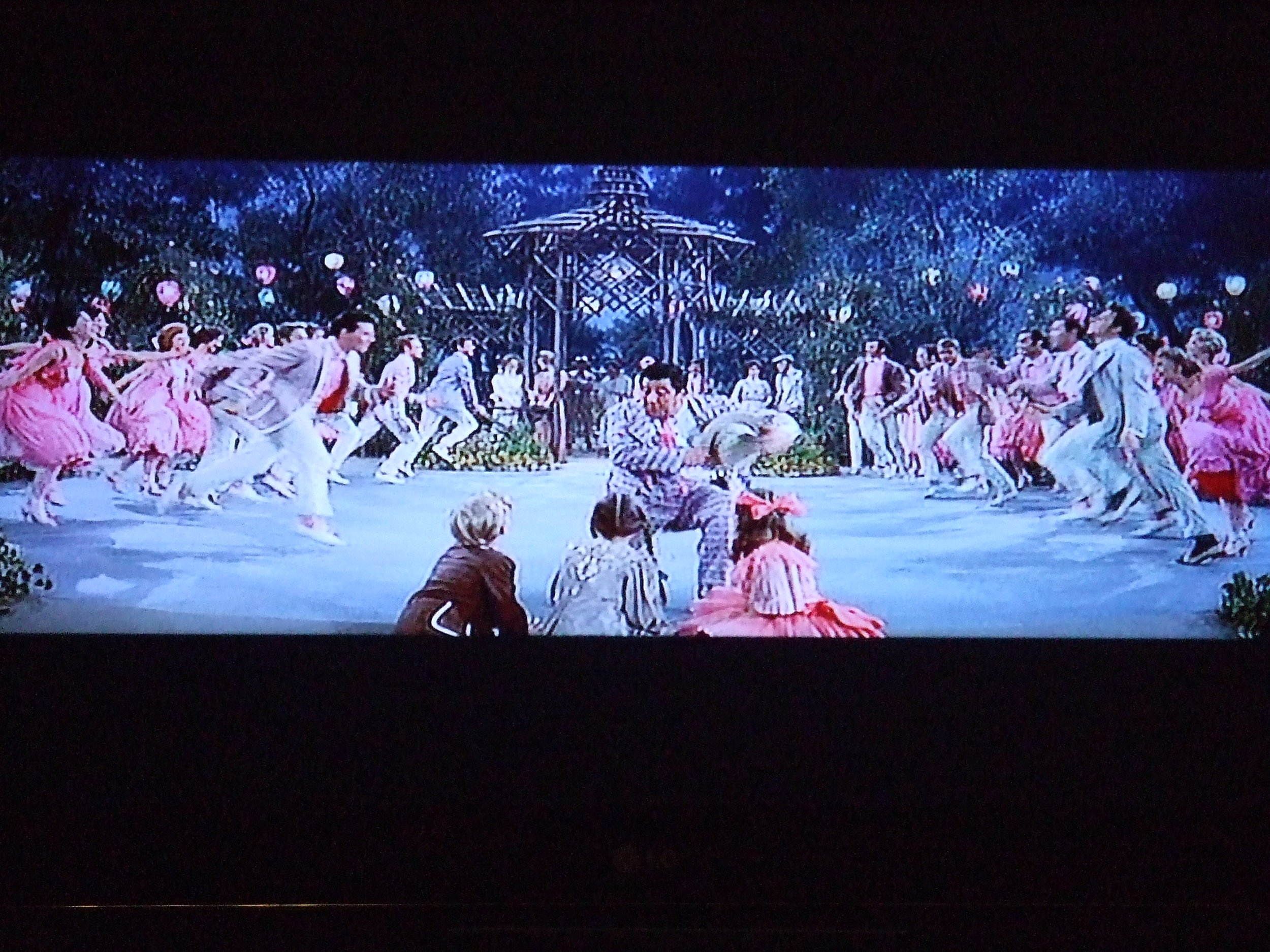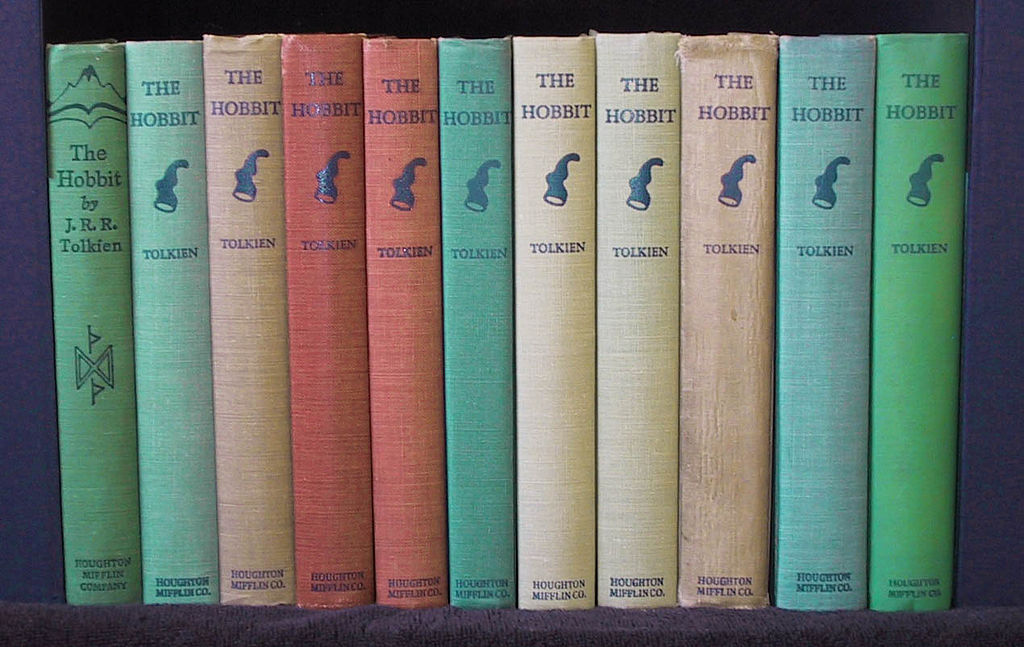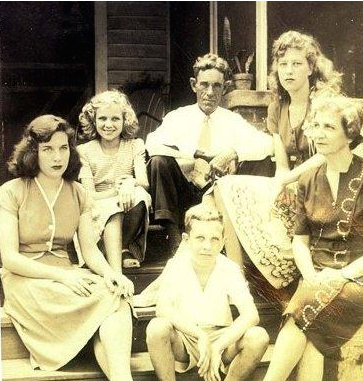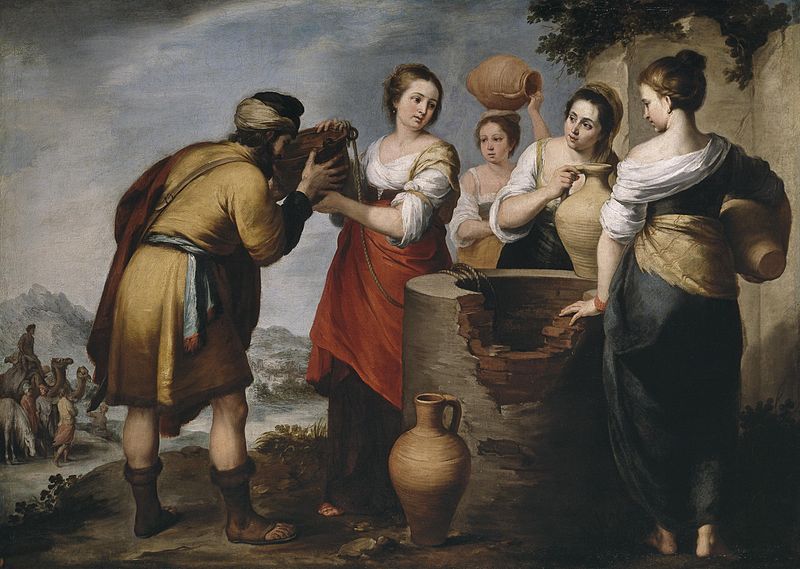The Think System
Christina Lee
 Over the holidays, my mom popped in our battered VHS tape of The Music Man. This was my favorite movie as a kid. Somehow I never grew tired of watching Professor Harold Hill dupe the citizens of River City, Iowa.
Over the holidays, my mom popped in our battered VHS tape of The Music Man. This was my favorite movie as a kid. Somehow I never grew tired of watching Professor Harold Hill dupe the citizens of River City, Iowa.
Hill is a total fraud, but he’s so slick that the town believes his promise to form a boy’s band. Under his spell, the troubled youth stop being troubled, the tightly-wound maiden librarian unwinds, and the whole town gets together in the park and dances the Shipoopi. Everyone is too delighted to notice the lack of an actual band. He excuses away his lack of musical knowledge with “The Think System.” He tells his band, “if you want to play the Minuet in G, think the minuet in G.” The boys nod solemnly and warble in unison, “La de da de da de da de da, la de da, la de da…
Half-way through the movie, I realized I’d found my writing resolution for 2016. I’m giving up “the think system.”
See, the discipline of daily writing is grueling. Facing down a blank page at the end of a day of work is daunting. Submission is nerve-wracking and painful, and rejection is inevitable but still discouraging. It’s much easier to just think about submitting, or think about what it will be like once I’ve submitted, or think about which residencies I’ll attend whenever I find time to apply, or think about searching for a writer’s group that will help me hone my craft.
In The Brothers Karamazov, Father Zosima expresses this same idea when he says, “active love is a harsh and fearful thing compared with the love in dreams.” He is, of course, speaking of Christianity, but the quote applies to writing, too, as it does to most disciplines.
I’m not saying writing should never be joyful. What’s life without a little Shipoopi? We must have moments of joy to cling to. A breakthrough in revision, an acceptance letter thanking me for “sharing delightful work,” memories of a sunrise kayak session at a writer’s retreat…I hope every writer has similar moments to return to on hard days. But those are the exception, not the rule.
At the end of the Music Man, Harold Hill is put on trial, and to save him, his “band” miraculously manages to squeak out a horrible rendition of the Minuet in G. After a moment of stunned silence, the parents of River City rise to give a standing ovation. They loved it! It turns out River City didn’t need music, when they needed was an experience. It’s sort of a beautiful, if illogical, premise. By believing so fully in his lie, the town has transformed it into their truth.
It’s a sweet and clever ending for a musical, but it’s not the way I want my own story to end. I don’t want my daydreams of success to become my best product or to give my own mediocre work a standing ovation and call that a happy ending.
So this year, when I catch myself thinking about writing instead of doing the work, I picture the River City Boy’s Band, singing the Minuet in G over and over and never touching their instruments. And I get back to the real work, harsh and fearful as it is.
![By Masao Nakagami [CC BY-SA 2.0 (http://creativecommons.org/licenses/by-sa/2.0)], via Wikimedia Commons](https://images.squarespace-cdn.com/content/v1/5898e29c725e25e7132d5a5a/1508808035105-2RO1L6V7MSY94EEGYLTE/Early_White_Stripes.jpg)



 I am reading
I am reading 
 Feel it—but remember, millennia have felt it—
the sea and the beasts and the mindless stars
wrestle it down today as ever—
—
Feel it—but remember, millennia have felt it—
the sea and the beasts and the mindless stars
wrestle it down today as ever—
—
 The story was told to me with flannelgraph figures that effortlessly hopped from one point on flannel to the next. Abraham figured that it was time to find a wife for his son, so he sent his servant back to the old neighborhood to find a wife who had home-training similar to his own son’s. The servant prayed that the right girl for his master’s son would make herself known by giving water to him, his team and all of their camels. The servant made several turns that led him to Rebekah. He asked her for a drink water, and she gave it to him, and offered to get water for his team and their camels until they weren’t thirsty. This was a story about asking God for help with big decisions.
The story was told to me with flannelgraph figures that effortlessly hopped from one point on flannel to the next. Abraham figured that it was time to find a wife for his son, so he sent his servant back to the old neighborhood to find a wife who had home-training similar to his own son’s. The servant prayed that the right girl for his master’s son would make herself known by giving water to him, his team and all of their camels. The servant made several turns that led him to Rebekah. He asked her for a drink water, and she gave it to him, and offered to get water for his team and their camels until they weren’t thirsty. This was a story about asking God for help with big decisions.



